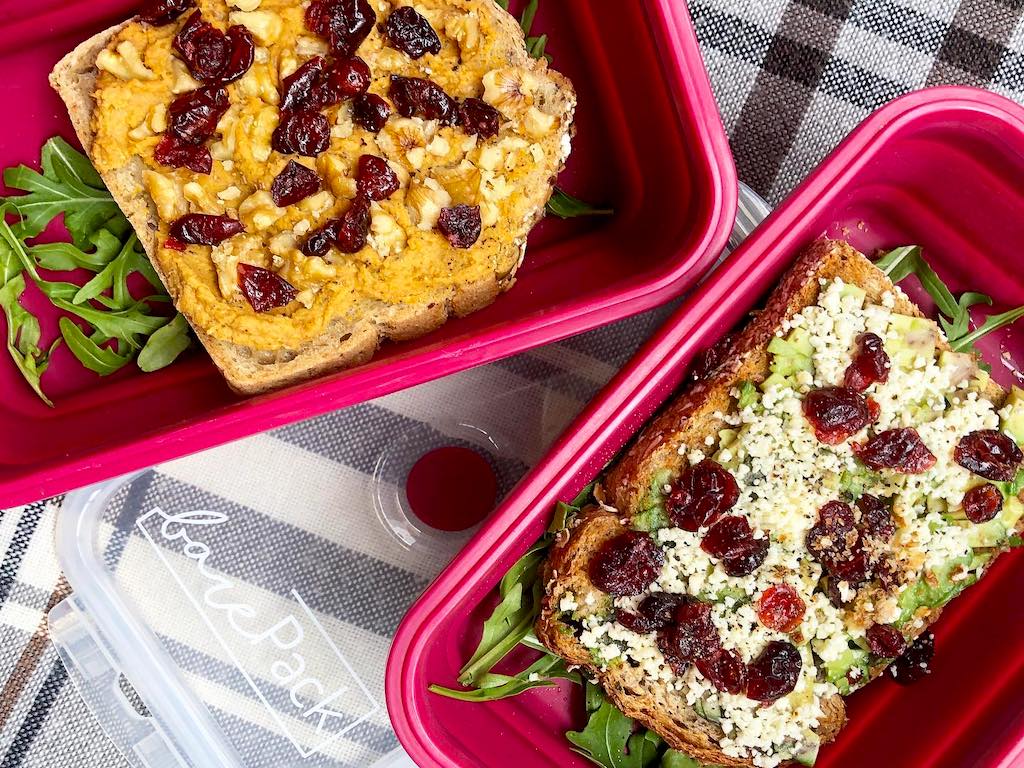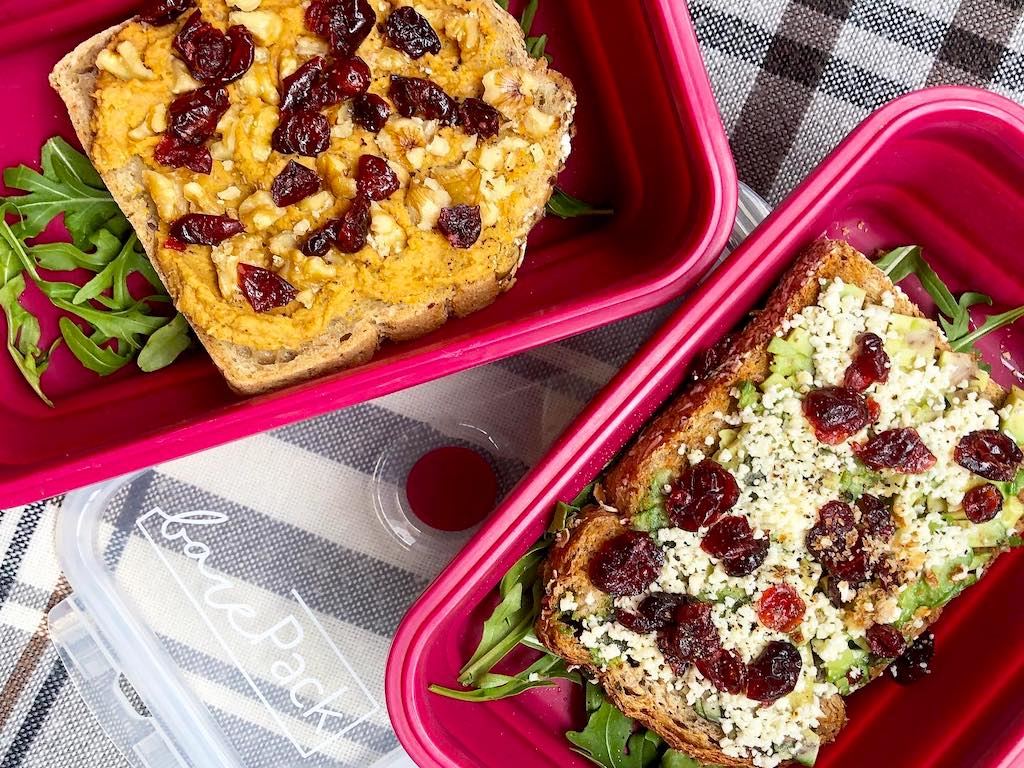3 Mins Read
Food delivery giant Foodpanda has just announced that they are collaborating with Singapore startup barePack to offer reusable food containers to their customers in the city-state. Currently in pilot stage, the delivery platform hopes to have more restaurant partners join the program in the coming weeks and months. The initiative hopes to combat rising disposable packaging waste as foodservice in Singapore remains limited to takeaway and delivery since coronavirus lockdown measures began in April.
Announced on World Environment Day last Friday (June 5), Berlin-based food and grocery delivery platform Foodpanda has partnered up with Singapore startup barePack to offer Singaporean customers the option of reusable containers for their orders.
One-year-old barePack was founded as a convenient solution to make takeaway orders more sustainable and fight the mounting waste crisis caused by disposables. It is touted as the “world’s first unlimited returnable container subscription platform”, which allows its members to connect with reusable-friendly vendors for discounts and rewards.

Customers can download the barePack mobile app and subscribe to the platform, then upon checkout on the Foodpanda platform, add the voucher code “BAREPACK”. Each delivery order using barePack will come in a reusable container with a scannable QR code, which users can scan to find instructions on returning the container to the food establishment. Pick-up orders can scan the QR code directly at the restaurant.
For now, the service is limited to a select number of participating restaurants on Foodpanda’s platform during the trial period. However, Foodpanda has alluded to the reusable initiative being expanded in the near future.
“This project is still in its pilot stage, but we hope that more restaurants will join this initiative,” said Foodpanda Singapore in its announcement.
“Our ultimate goal is to have all our vendors pack food using reusable containers,” the company added.
Foodpanda’s move to bring on reusable containers and food packaging comes as Singapore and the world experiences a significant surge in demand for food deliveries as coronavirus measures have restricted travel and halted dine-in foodservice. Since early April, Singapore has ordered all food establishments to only offer takeaway and delivery.
According to CNA, the circuit breaker policies have led to a spike in single-use packaging orders from restaurants across the city. Food packaging supplier Dillic International, for instance, saw a 30% increase in orders for their plastic food packaging products after the coronavirus measures were announced.

The rise in disposable food packaging waste is further fuelling Singapore’s existing massive waste problem – Semakau landfill is expected to be completely full by as soon as 2035.
While some skeptics of reusable packaging point to hygiene concerns amidst the coronavirus for in-keeping with disposables, the reality is that there are easy sanitising measures that all individuals and companies can take to avoid further driving waste and plastic pollution.
Globally, the world already throws out a whopping 600 disposable cups, 1 trillion single-use plastic bags and 480 billion water bottles each year. Environmentalists agree that opting for reusable items and safely cleaning them properly after every use is the responsible thing to do in terms of human and planetary health.
Similar initiatives to tackle packaging waste from food deliveries have emerged in Hong Kong, but none have so far offered reusable options. Earlier in March, the two leading food delivery operators in Hong Kong – Foodpanda and Deliveroo – pledged to crack down on unsustainable packaging by 2025.
All images courtesy of barePack.




